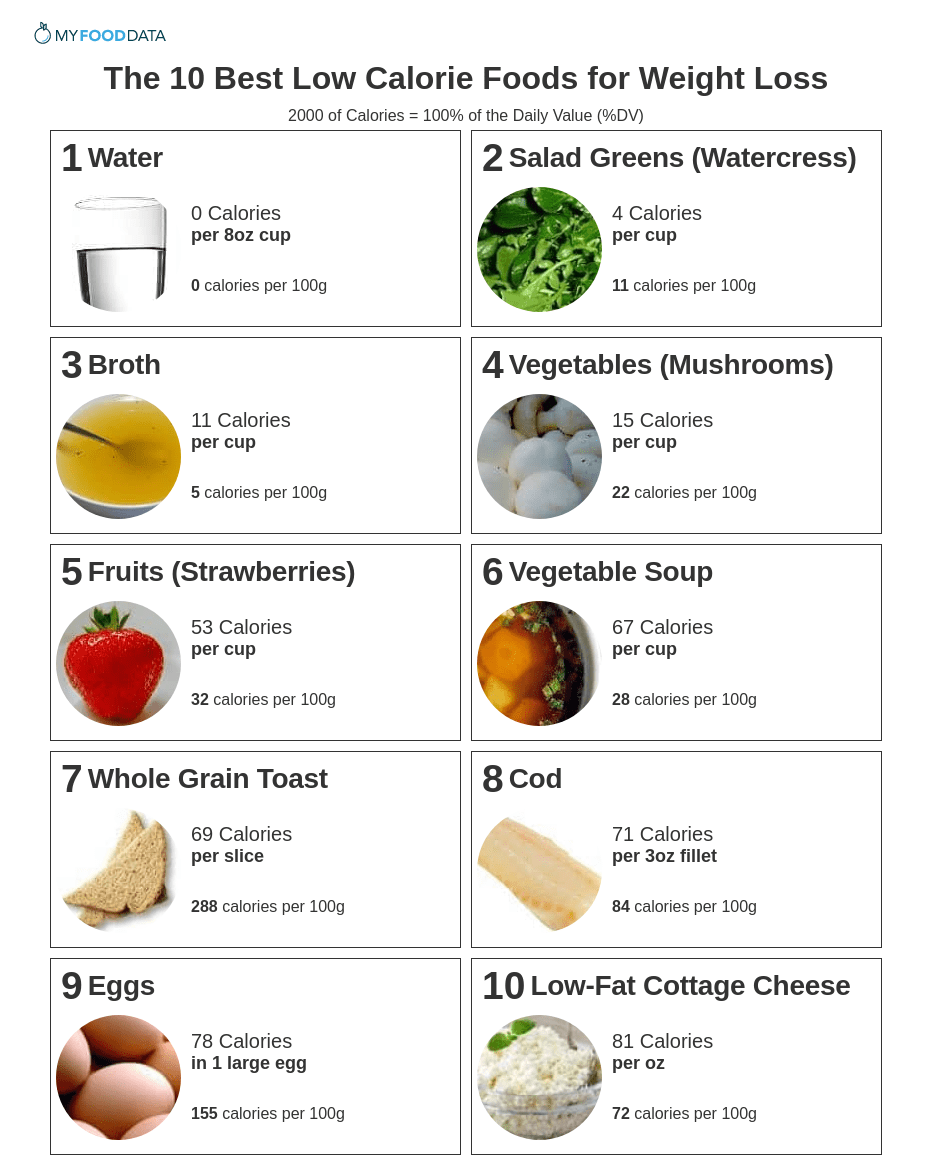Low-Calorie Foods for a Healthy Diet

The Importance of a Low-Calorie Diet
Eating a low-calorie diet is essential for maintaining a healthy weight and reducing the risk of chronic diseases such as heart disease, diabetes, and cancer. A low-calorie diet is a great way to reduce the number of calories consumed while still providing the body with all the essential nutrients it needs.
Low-Calorie Foods to Include in Your Diet
1. Leafy Greens
Leafy greens such as spinach, kale, and collard greens are low in calories but high in nutrients. They are packed with vitamins, minerals and fiber. These vegetables are also a good source of antioxidants that help protect the body against diseases.
2. Berries
Berries such as blueberries, strawberries, and raspberries are low in calories but high in nutrients. They are packed with vitamins, minerals, and antioxidants that help protect the body against diseases. Berries are also a good source of fiber which helps in digestion and weight management.
3. Lean Protein
Lean protein such as chicken breast, turkey, and fish are low in calories but high in protein. Protein is essential for building and repairing muscles, and it also helps in weight management by keeping you full for longer periods.
4. Whole Grains
Whole grains such as brown rice, quinoa, and oats are low in calories but high in fiber, vitamins, and minerals. They are also a good source of complex carbohydrates which provide sustained energy throughout the day.
5. Legumes
Legumes such as lentils, beans, and chickpeas are low in calories but high in protein, fiber, and other essential nutrients. They are also a good source of complex carbohydrates which provide sustained energy throughout the day.
The Benefits of Low-Calorie Foods
Low-calorie foods have numerous benefits, including:
- Helping to maintain a healthy weight
- Reducing the risk of chronic diseases
- Improving digestion
- Providing sustained energy throughout the day
- Keeping you full for longer periods of time
The Drawbacks of Low-Calorie Foods
While low-calorie foods are great for weight management and overall health, they can also have some drawbacks, including:
- Not providing enough calories for those who are very active
- Not providing enough nutrients for those who are pregnant or breastfeeding
- Not being satisfying enough for those who are used to eating high-calorie foods
FAQs
1. Can I eat low-calorie foods every day?
Yes, you can eat low-calorie foods every day as long as you are getting all the essential nutrients your body needs. It is important to include a variety of foods in your diet to ensure that you are getting all the necessary nutrients.
2. Can low-calorie foods help me lose weight?
Yes, low-calorie foods can help you lose weight as long as you are consuming fewer calories than you are burning. To lose weight, you need to create a calorie deficit by consuming fewer calories or burning more calories through exercise.
3. Can low-calorie foods be unhealthy?
Yes, some low-calorie foods can be unhealthy if they are processed or contain added sugars and unhealthy fats. It is important to choose whole, nutrient-dense foods that are low in calories for optimal health.
4. Are all low-calorie foods bland?
No, not all low-calorie foods are bland. There are many delicious low-calorie foods that are full of flavor such as fruits, vegetables, lean proteins, and whole grains. Experiment with different herbs and spices to add flavor to your meals.
Conclusion
Eating a low-calorie diet is essential for maintaining a healthy weight and reducing the risk of chronic diseases. By incorporating low-calorie foods such as leafy greens, berries, lean protein, whole grains, and legumes into your diet, you can ensure that you are getting all the essential nutrients your body needs without consuming too many calories.
